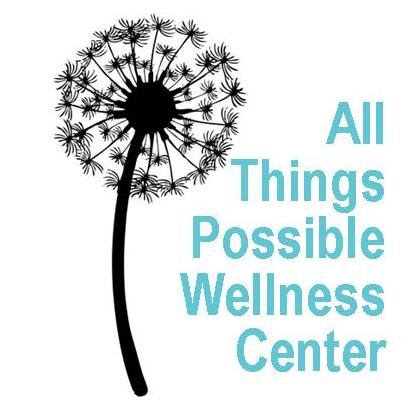Overcoming Fear
By: Ashley Kraut, MA, LLPC, NCC
My desire to help people through counseling has been motivated by my own personal life experiences and struggles, and I have found similar motivation in many of my professional colleagues. Each individual has his or her own experiences that have shaped the way he or she thinks, feels, and functions. Some life experiences are clearly beneficial and healthy, while other experiences may leave us searching for a change or for healing. My early experiences greatly influenced my emotional wellbeing and functioning, and by coming to realize how the experiences influenced me, I was able to take my first steps in the process of overcoming anxiety and its hold on my life. A diagnosis of Generalized Anxiety Disorder through the American Psychiatric Association (2013) calls for certain criteria and clinical significance. The DSM-5 states the person must be experiencing “excessive anxiety and worry (apprehensive expectation), occurring more days than not for at least 6 months, about a number of events or activities (such as work or school performance),” difficulty controlling the worry, and three or more physical symptoms such as fatigue, restlessness, sleep disturbance, difficulty concentrating, irritability, or muscle tension (American Psychiatric Association, 2013, p. 222). I began to explore my symptoms, how my anxiety developed, and why it continued to be present in my daily life. The many instances in which fear was an appropriate response in my life had begun to shape my reality; I began to believe there were threats, when logically there were none. Fortunately, our brains are flexible and habits can be changed. The ability for your brain to change is called neuroplasticity (Burdick, 2013). The dendrites in our brain can grow when new patterns of thought are repeated (Hebb, 2009 as cited in Burdick, 2013). We can form new paths in our brain to lead us to new paths in life. Once we are aware of what has triggered the patterns of thought that contribute to symptoms, we can take captive the thoughts, and change the thoughts. In Burn’s (2007) book, When Panic Attacks, Burns changes a quote of the philosopher Descartes from “I think therefore I am” to “I think therefore I fear,” to demonstrate the power of our thoughts over our feelings. Burns (2007) continues to describe cognitive behavioral approaches to alleviating the symptoms of depression and anxiety, and discusses the research supporting this method of treatment. Our thoughts greatly influence how we feel. If we are letting our thoughts take control without fighting the patterns that have developed, our symptoms may continue. When we make the choice to change our automatic responses and unhealthy beliefs by replacing them with healthy thoughts and beliefs, our symptoms can begin to subside. Interestingly, Anxiety can be invoked by the desire to control circumstances that one cannot control. We may not be able to control every aspect of the world around us, but we can control our thoughts and behaviors in response to the world.
Speaking from a Christian counseling perspective, such techniques can be applied along with one’s faith and ideas about truth and love. One can challenge anxious thought patterns by replacing them with verses such as “Therefore do not worry about tomorrow, for tomorrow will worry about itself. Each day has enough trouble of its own.” (Joshua 1:9). God also calls us to the renewing of our minds (Romans 12:2). I encourage you to take captive any thoughts that may be contributing to mental health symptoms, and know that you are not alone. The clinicians at All Things Possible Wellness Center have not only experienced similar struggles to your own, but we are here to help you persevere, gain insight about your symptoms and experiences, and guide you through a healing process that fits your individual needs.
References
American Psychiatric Association (2013). Diagnostic and statistical manual of mental disorders. Washington, DC: American Psychiatric Publishing.
Burdick, D. (2013). Mindfulness skills workbook for clinicians and clients. Eau Claire, WI: PESI Publishing and Media.
Burns, D. (2007). When panic attacks: The new drug free anxiety therapy that can change your life. New York, NY: Harmony Books.
Hebb, D. (2009). The organization of behavior. Mahwah, NJ: Lawrence Erlbaum Associates, Inc.
